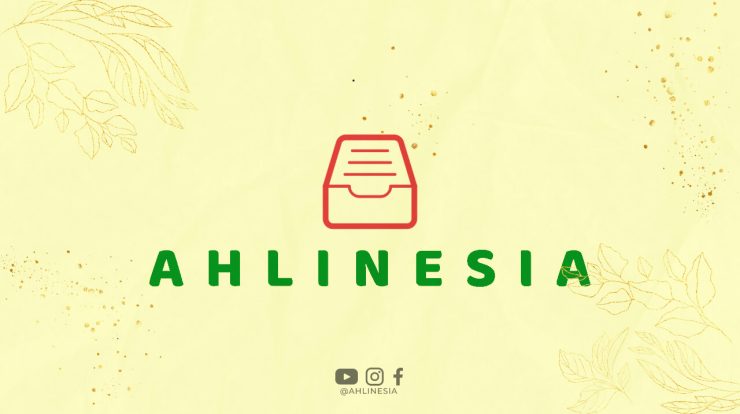
Buying a car is an exciting experience, but it also comes with a lot of responsibilities. One of the most important tasks when financing a car is to ensure that you have the right insurance coverage. Auto insurance not only protects your investment but also provides financial security in case of accidents or damages. However, with various insurance options available, it can be confusing to determine which ones are necessary. In this article, we will discuss the essential insurance coverage you need when financing a car.
1. Liability Insurance
Liability insurance is the most basic coverage required by law in most states. It protects you financially if you are at fault in an accident that causes injury or damage to someone else’s property. This insurance generally covers medical expenses, property damage, and legal fees.
2. Collision Insurance
Collision insurance covers the repair or replacement costs of your vehicle if it is damaged in a collision, regardless of who is at fault. This coverage is particularly important when you have a loan on your car, as the lender will want to protect their investment. However, collision insurance may not be necessary for older or low-value vehicles.
3. Comprehensive Insurance
Comprehensive insurance provides coverage for damages to your vehicle that are not caused by a collision. This includes theft, vandalism, natural disasters, and even hitting an animal. If you live in an area prone to such incidents or own a valuable car, comprehensive insurance is highly recommended.
4. Gap Insurance
When you finance a car, the amount you owe on the loan may be more than the car’s actual value. If your car gets totaled or stolen, your regular insurance will only pay the current market value, leaving you responsible for the remaining balance. Gap insurance covers this difference, ensuring you don’t end up owing money for a car you no longer have.
5. Uninsured/Underinsured Motorist Coverage
Unfortunately, not everyone on the road carries adequate insurance coverage. Uninsured/underinsured motorist coverage protects you if you are involved in an accident with someone who doesn’t have insurance or has insufficient coverage. This insurance will help cover medical expenses and damages caused by the uninsured party.
6. Personal Injury Protection (PIP)
Personal Injury Protection, also known as PIP, is a type of insurance that covers medical expenses, lost wages, and other damages resulting from an accident, regardless of fault. PIP is required in some states, while in others, it is optional. If you don’t have health insurance, PIP can be particularly beneficial.
7. Rental Car Coverage
When your car is in the shop for repairs after an accident, rental car coverage helps cover the cost of renting a temporary replacement vehicle. This coverage is optional but can save you from unexpected expenses if your car needs extensive repairs.
8. Roadside Assistance
Having roadside assistance coverage can be a lifesaver in case of a breakdown or other roadside emergencies. This coverage usually includes services like towing, fuel delivery, flat tire assistance, and lockout services. While not directly related to car financing, it provides peace of mind during unexpected situations.
Conclusion
When financing a car, it’s crucial to have the right insurance coverage to protect yourself and your investment. Liability insurance is the minimum requirement, but additional coverage such as collision, comprehensive, gap insurance, and uninsured/underinsured motorist coverage are highly recommended. Personal injury protection, rental car coverage, and roadside assistance can also provide added convenience and security. Assess your needs and consider the value of your car to determine the appropriate insurance coverage for your situation. Remember, it’s better to be safe than sorry when it comes to protecting your car and yourself on the road.








